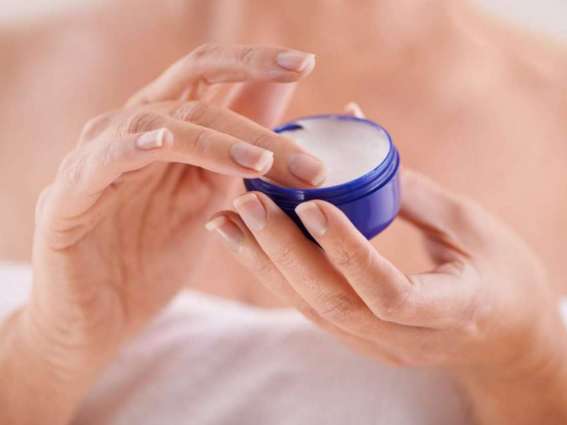A recent study has reported that rapamycin, a drug that has long served as an immune suppressor, may also slow aging in human skin
Islamabad (Pakistan Point News / Online - 28th November, 2019) A recent study has reported that rapamycin, a drug that has long served as an immune suppressor, may also slow aging in human skin.The small clinical trial found that regular application of rapamycin to the backs of the hands appears to reduce wrinkles and sagging and improve skin tone.After 8 months, most of the hands that had received rapamycin treatment showed an increase in collagen and lower levels of a marker of aging in skin cells compared with a placebo.
The team that led the trial comes from Drexel University College of Medicine in Philadelphia, PA, where senior study author Christian Sell, Ph.D., is an associate professor of biochemistry and molecular biology.Since discovering rapamycin in the soil of Easter Island half a century ago, scientists have found that the bacterial antifungal compound has many effects in the body.The drug, which takes its name from Rapa Nui, the native term for the Pacific island, can suppress the immune system and prevent cell replication in mammals.
Effects on skinFor the study, which took the form of a clinical trial, the team recruited 13 volunteers who were over 40 years of age.At the end of 8 months, most of the hands that had received rapamycin treatment showed an increase in collagen and a reduction in p16 protein.Collagen is a protein that gives skin its structure, and p16 is a measure of cell senescence, or deterioration through aging. Skin that has more senescent cells is more wrinkled.
Skin that has higher levels of p16 carries a greater risk of infection and also tends to tear more easily and heal more slowly. These are all signs of dermal atrophy, a skin condition that is common in older people.Investigations of p16 have shown that human cells release the protein as part of a stress response that occurs following cell damage. These studies have also demonstrated that p16 can function as a tumor suppressor, a type of protein that stops cell growth and division happening too fast or in an uncontrolled way.
Cancer develops when cells begin to behave abnormally. This can happen as a result of a mutation that causes cell processes to go awry. As a tumor suppressor, p16 slows down the cell cycle, promoting aging instead of cancer.Chasing the 'fountain of youth'The researchers point out that the new findings are just the early stage of their research, and they need to do a lot more before they can say how best to apply rapamycin to delay aging.They foresee applications that include improving human performance and extending lifespan.These would require developing a form of the drug that works at much lower doses than those used to prevent organ rejection and treat cancer.





